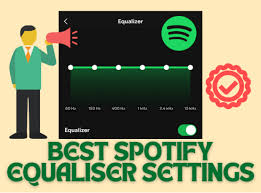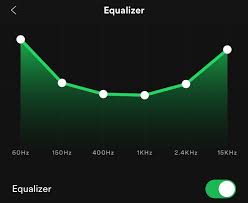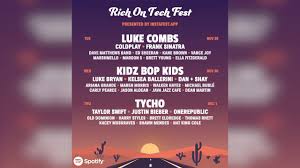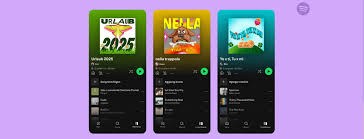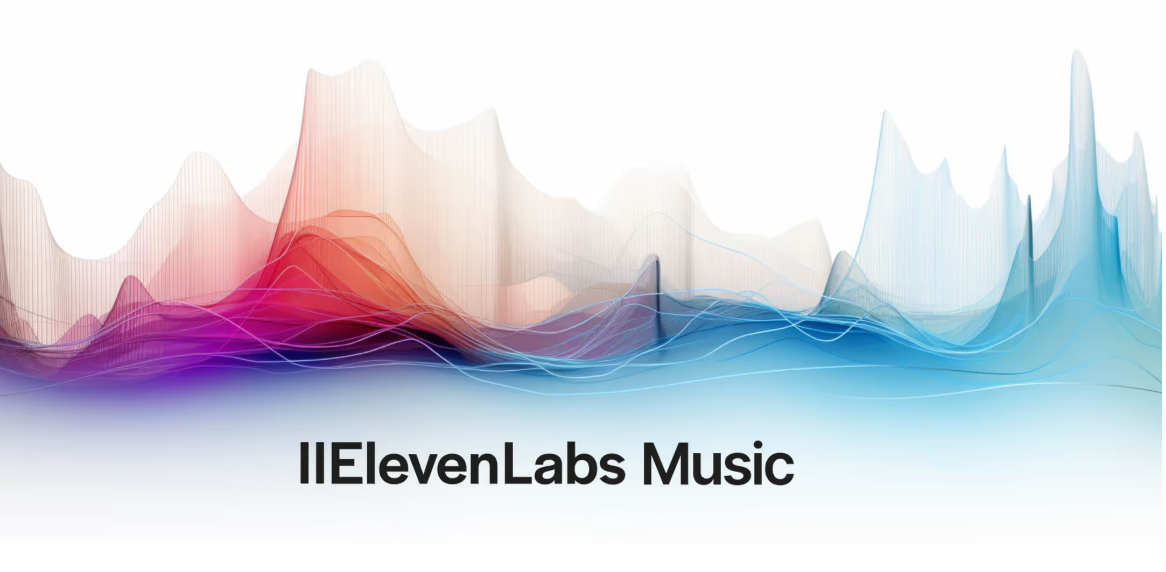Introduction: A New Era in Streaming Transparency
The streaming industry is undergoing a seismic shift. With the rise of AI-generated music flooding platforms like Spotify, YouTube Music, and Apple Music, one major player has stepped up to confront the challenge directly: Deezer is adding tags to identify AI-generated music. In a world where the line between human creativity and machine generation is blurring, Deezer’s move is more than symbolic—it’s a fundamental change in how streaming services manage content integrity, artist revenue, and listener trust.
In this article, we break down exactly what Deezer’s AI tagging means, how it works, what it solves, and why it sets a precedent the entire music industry can’t ignore.
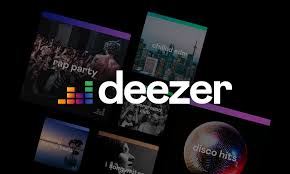
The Problem: Streaming Platforms Flooded with AI Music
Over the past year, tools like Suno, Udio, Boomy, and Soundraw have made it incredibly easy to generate music in seconds. As a result:
Deezer reports that 18% of all daily uploads are fully AI-generated.
That’s over 20,000 AI tracks per day, up from 10% in early 2024.
While these tracks represent only 0.5% of total streams, an estimated 70% of those streams are artificially inflated by bots.
This influx poses three serious challenges:
Fraud: AI music is often used to generate streams and royalties through manipulation.
Artist displacement: Human musicians see less visibility and lower payouts.
Consumer trust erosion: Listeners unknowingly consume AI music thinking it’s made by real artists.
Enter Deezer’s AI tagging system.
The Solution: Deezer Adds AI Tags to Track Transparency
Deezer became the first major music streaming platform to launch a comprehensive AI detection and labeling system. The system was rolled out in June 2025 and is designed to:
Detect AI-generated tracks through internal audio fingerprinting and metadata parsing.
Apply visible tags to albums and songs that are created entirely by AI.
Exclude AI tracks from editorial and algorithmic playlists, such as Flow and Discover.
Prevent monetization of AI-generated streams deemed fraudulent.
This is a full-spectrum response to a growing problem, and it’s based on proprietary AI detection tools that Deezer has patented. The tools use adversarial learning to match sonic “signatures” and compare them with known generative model outputs—making them highly accurate and resistant to adversarial attacks from new AI engines.
Why This Move Matters: For Artists, Listeners, and the Industry
1. For Artists:
Human musicians have been losing streaming income to AI music that floods the royalty pool. By filtering out fraudulent AI streams and excluding them from monetization, Deezer helps restore fairness to the payout system.
2. For Listeners:
Many users are unaware that they’re listening to AI-generated music. With transparent labeling, listeners can make informed choices and support authentic content if they wish.
3. For the Industry:
Deezer’s move pressures other platforms—like Spotify and YouTube Music—to adopt similar transparency standards. It’s setting a de facto industry benchmark.
4. For AI developers:
This forces accountability. AI music creators who wish to monetize must be transparent and respect platform guidelines, creating space for ethical innovation.
How the Detection System Works: Inside Deezer’s AI-Tagging Engine
Deezer’s detection pipeline consists of several layers:
Audio Analysis: The model checks for timbral uniformity, quantized rhythms, and lack of microdynamics—all indicators of AI generation.
Metadata Scraping: Track title patterns, publishing timestamps, and known submission origins (e.g., from Boomy or Udio).
Adversarial Signature Matching: Deezer runs its own generative models internally and trains a detection model on known AI music datasets.
Confidence Scoring: Each track is given a confidence score; only those scoring above a threshold are tagged.
Importantly, this system is model-agnostic—it works whether the music comes from proprietary tools or open-source platforms like Riffusion, Jukebox, or MusicGen.
Industry Impact: Setting a New Standard for AI Music Governance
Other platforms have taken notice:
Spotify has hinted at internal development of AI detection but hasn't rolled out tagging.
YouTube Music requires AI use disclosure but doesn’t verify via detection.
Apple Music has no public AI policy.
Meanwhile, rights organizations like the IFPI and RIAA have expressed support for Deezer’s proactive measures, citing concerns over the $2 billion global revenue loss estimated from AI-driven streaming fraud by 2028.
Deezer is already filing for two new patents on AI provenance tracking and real-time royalty filtration. The platform is positioning itself as a pioneer in music integrity tech.
What Comes Next: The Path Forward for AI and Streaming
Deezer’s tagging system is a start—but more steps are needed:
Mandatory AI labels across all platforms
Segregated royalty pools for human and AI content
Creative attribution systems for AI-assisted collaborations
Opt-out frameworks for artists whose music is used to train AI models
Regulatory frameworks that define what “AI-generated” means under copyright law
These aren’t distant needs—they’re today’s priorities.
Conclusion: Why Deezer’s AI Tags Could Reshape the Music Industry
By adding AI tags, Deezer is doing more than cleaning up its platform. It’s creating accountability, protecting artists’ livelihoods, and helping listeners navigate an increasingly complex content landscape.
Deezer’s move acknowledges the dual reality of AI in music—it’s a powerful tool, but also a risk if left unchecked. The solution isn’t banning AI outright but managing it with clarity, technology, and fairness.
For other platforms, the message is clear: transparency is no longer optional. For artists and listeners, this is a step toward reclaiming control over the music that defines our digital lives.
FAQs
Q1: How does Deezer know if a song is AI-generated?
Deezer uses a proprietary detection system that analyzes audio signals, metadata, and model fingerprints. It also cross-references known generative model patterns to ensure accuracy.
Q2: Will AI-tagged songs still appear in recommendations?
No. Deezer removes AI-tagged songs from editorial and algorithmic playlists to preserve content quality and fairness for human artists.
Q3: Can AI-generated tracks still earn royalties on Deezer?
If detected and flagged as fraudulent or bulk-uploaded, these tracks will be excluded from royalty payments.
Q4: Are other platforms using AI tagging?
Not yet at the same scale. Spotify and YouTube Music are testing AI labeling but haven’t implemented full detection or monetization filtering.
Q5: Is AI music banned on Deezer?
No. AI music is allowed but must be clearly labeled and meet quality and fairness standards.
Learn more about AI MUSIC



